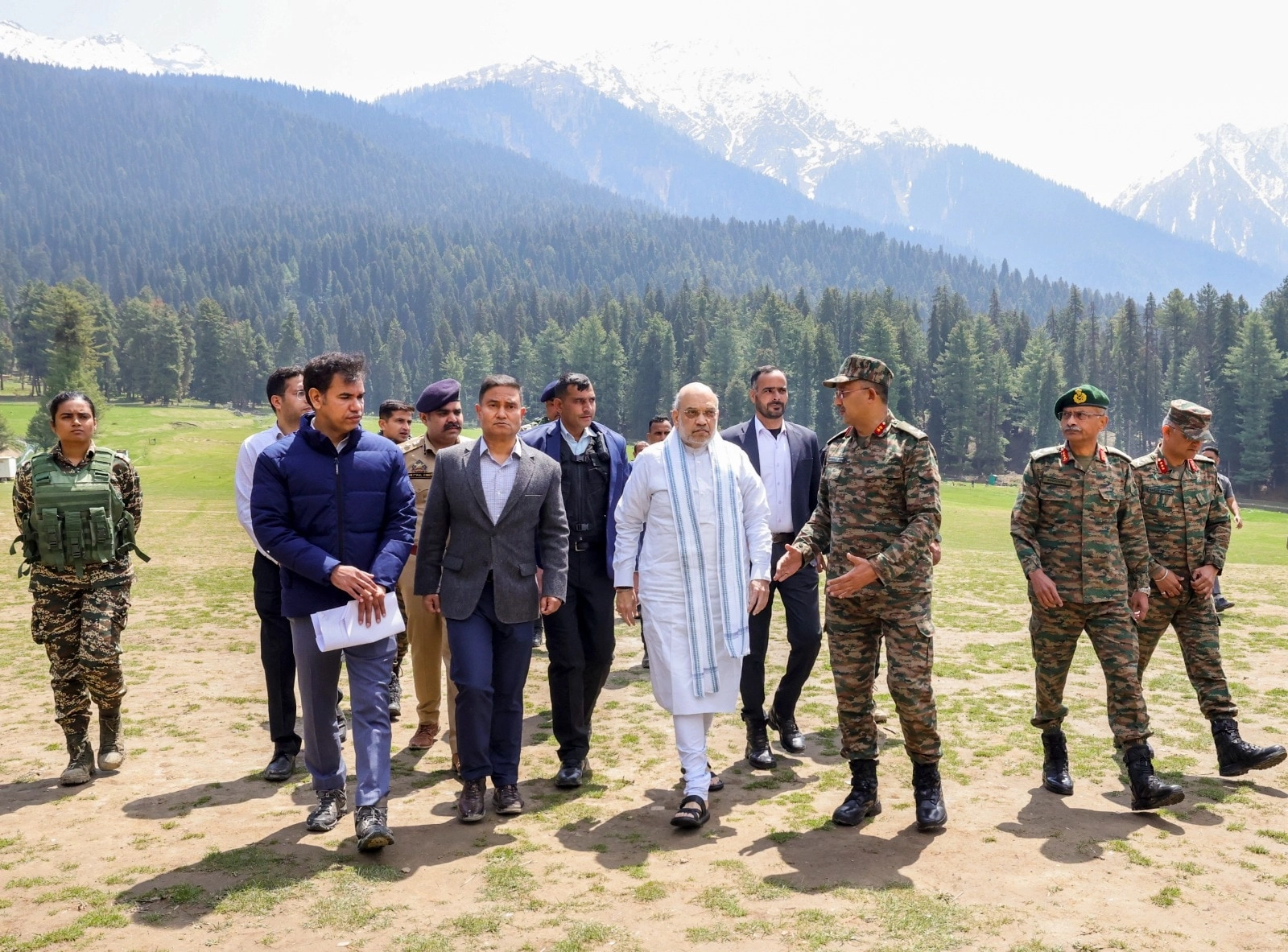In a recent statement following his meeting with Russian President Vladimir Putin, former President Donald Trump expressed his views on the ongoing conflict between Russia and Ukraine. He emphasized the urgency of finding a resolution to what he described as a “horrific” war that has caused immense suffering and destabilization in the region. Trump underscored the importance of diplomatic engagement and dialogue as the most effective means to bring about peace. He argued that direct communication between world leaders is crucial in addressing misunderstandings and fostering cooperation, suggesting that his own approach during his presidency was rooted in this principle.
Trump’s comments reflect a broader sentiment that many believe needs to be prioritized in international relations: that open channels of communication can lead to de-escalation of conflicts. His assertion that a resolution to the war must be sought through negotiation rather than continued military engagement highlights a significant shift in perspective for some policymakers. In a time when tensions are high, and the humanitarian crisis continues to unfold, Trump’s call for dialogue may resonate with those who are weary of prolonged conflict and its resulting casualties.
Furthermore, the former president’s remarks invite a reevaluation of strategies employed by current leaders in addressing the war. He suggested that a more nuanced approach, one that prioritizes engagement over confrontation, could yield more fruitful outcomes. Trump’s position raises questions about the effectiveness of existing strategies and whether a departure from conventional diplomatic tactics might be necessary to achieve lasting peace in the region. As the situation evolves, the international community will be watching closely to see if new dialogues can emerge, potentially paving the way for a resolution that alleviates the suffering of millions caught in the crossfire.
Ultimately, Trump’s meeting with Putin and his subsequent comments may serve as a catalyst for renewed discussions on how best to approach the Russia-Ukraine conflict. The path forward may indeed require a willingness from all parties to engage in difficult conversations, prioritize humanitarian efforts, and seek common ground, even amidst deep-seated grievances. As the world grapples with the consequences of this war, the hope for peace remains a shared aspiration that transcends national borders.




